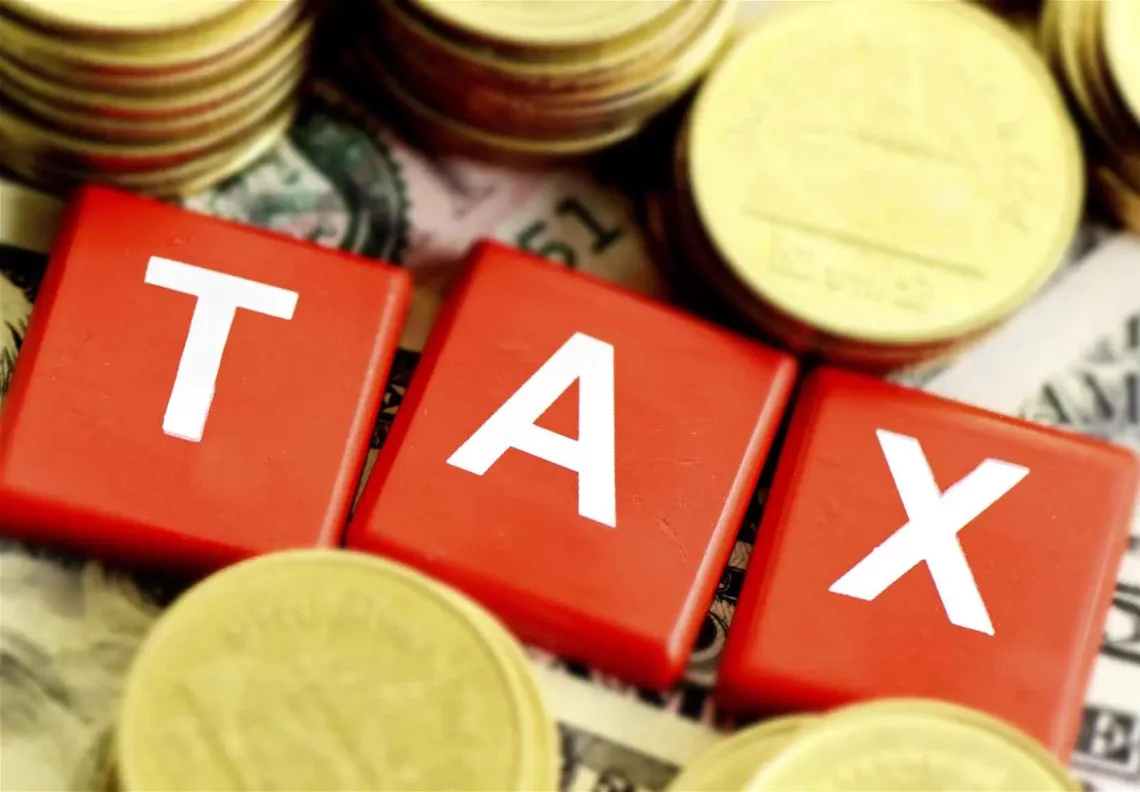Value Added Tax (VAT)Value Added Tax (VAT) stands as a significant source of revenue for governments worldwide, providing essential funding for public services, infrastructure development, and social welfare programmes. In Nigeria, where fiscal challenges abound and the need for sustainable revenue generation is paramount, increasing the VAT rate presents a compelling opportunity to bolster government coffers, stimulate economic growth, and foster fiscal stability.
One of the primary merits of increasing Nigeria’s VAT rate lies in its potential to significantly boost government revenue. With a higher VAT rate, the government can collect more funds from consumer spending, thereby diversifying its revenue sources and reducing reliance on volatile oil revenues. This additional revenue can be channeled towards critical sectors such as healthcare, education, and infrastructure, fostering socio-economic development and poverty alleviation.
Increasing the VAT rate contributes to enhancing Nigeria’s fiscal sustainability by reducing budget deficits and curbing excessive government borrowing. By generating more revenue through VAT, the government can reduce its reliance on debt financing, mitigate fiscal risks, and strengthen macroeconomic stability. This, in turn, instills confidence among investors and creditors, positioning Nigeria as a more attractive destination for investment and fostering long-term economic growth.
A higher VAT rate can serve as an incentive for informal businesses to formalise their operations, thereby broadening the tax base and promoting tax compliance. Informal businesses, which often operate outside the purview of taxation, may be compelled to register for VAT in order to claim input tax credits and avoid being priced out of the market by formal competitors. This formalisation of the economy not only expands the tax base but also enhances transparency, accountability, and productivity.
Increasing Nigeria’s VAT rate brings it in line with global norms and standards, as many countries around the world have higher VAT rates than Nigeria’s current rate of 7.5 per cent. By harmonising its VAT rate with international benchmarks, Nigeria can enhance its competitiveness, attract foreign investment, and align its tax regime with global best practices. This, in turn, contributes to fostering economic integration, trade facilitation, and regional cooperation.
A portion of the additional revenue generated from an increased VAT rate can be earmarked for social welfare programmes targeted at vulnerable populations. By investing in healthcare, education, social protection, and poverty alleviation initiatives, the government can mitigate the regressive impact of VAT on low-income households and ensure that the benefits of economic growth are equitably distributed across society.
Increasing Nigeria’s VAT rate holds immense potential to unlock economic opportunities, enhance revenue generation, and promote fiscal sustainability. By harnessing the merits of a higher VAT rate, Nigeria can strengthen its fiscal resilience, stimulate economic growth, and advance its development aspirations. However, it is imperative that any increase in the VAT rate is accompanied by measures to mitigate its potential impact on low-income households, promote tax compliance, and foster inclusive growth. Ultimately, the merits of increasing Nigeria’s VAT rate lie in its capacity to pave the way for a more prosperous, equitable, and sustainable future for all Nigerians.
stands as a significant source of revenue for governments worldwide, providing essential funding for public services, infrastructure development, and social welfare programmes. In Nigeria, where fiscal challenges abound and the need for sustainable revenue generation is paramount, increasing the VAT rate presents a compelling opportunity to bolster government coffers, stimulate economic growth, and foster fiscal stability.
One of the primary merits of increasing Nigeria’s VAT rate lies in its potential to significantly boost government revenue. With a higher VAT rate, the government can collect more funds from consumer spending, thereby diversifying its revenue sources and reducing reliance on volatile oil revenues. This additional revenue can be channeled towards critical sectors such as healthcare, education, and infrastructure, fostering socio-economic development and poverty alleviation.
Increasing the VAT rate contributes to enhancing Nigeria’s fiscal sustainability by reducing budget deficits and curbing excessive government borrowing. By generating more revenue through VAT, the government can reduce its reliance on debt financing, mitigate fiscal risks, and strengthen macroeconomic stability. This, in turn, instills confidence among investors and creditors, positioning Nigeria as a more attractive destination for investment and fostering long-term economic growth.
A higher VAT rate can serve as an incentive for informal businesses to formalise their operations, thereby broadening the tax base and promoting tax compliance. Informal businesses, which often operate outside the purview of taxation, may be compelled to register for VAT in order to claim input tax credits and avoid being priced out of the market by formal competitors. This formalisation of the economy not only expands the tax base but also enhances transparency, accountability, and productivity.
Increasing Nigeria’s VAT rate brings it in line with global norms and standards, as many countries around the world have higher VAT rates than Nigeria’s current rate of 7.5 per cent. By harmonising its VAT rate with international benchmarks, Nigeria can enhance its competitiveness, attract foreign investment, and align its tax regime with global best practices. This, in turn, contributes to fostering economic integration, trade facilitation, and regional cooperation.
A portion of the additional revenue generated from an increased VAT rate can be earmarked for social welfare programmes targeted at vulnerable populations. By investing in healthcare, education, social protection, and poverty alleviation initiatives, the government can mitigate the regressive impact of VAT on low-income households and ensure that the benefits of economic growth are equitably distributed across society.
Increasing Nigeria’s VAT rate holds immense potential to unlock economic opportunities, enhance revenue generation, and promote fiscal sustainability. By harnessing the merits of a higher VAT rate, Nigeria can strengthen its fiscal resilience, stimulate economic growth, and advance its development aspirations. However, it is imperative that any increase in the VAT rate is accompanied by measures to mitigate its potential impact on low-income households, promote tax compliance, and foster inclusive growth. Ultimately, the merits of increasing Nigeria’s VAT rate lie in its capacity to pave the way for a more prosperous, equitable, and sustainable future for all Nigerians.





